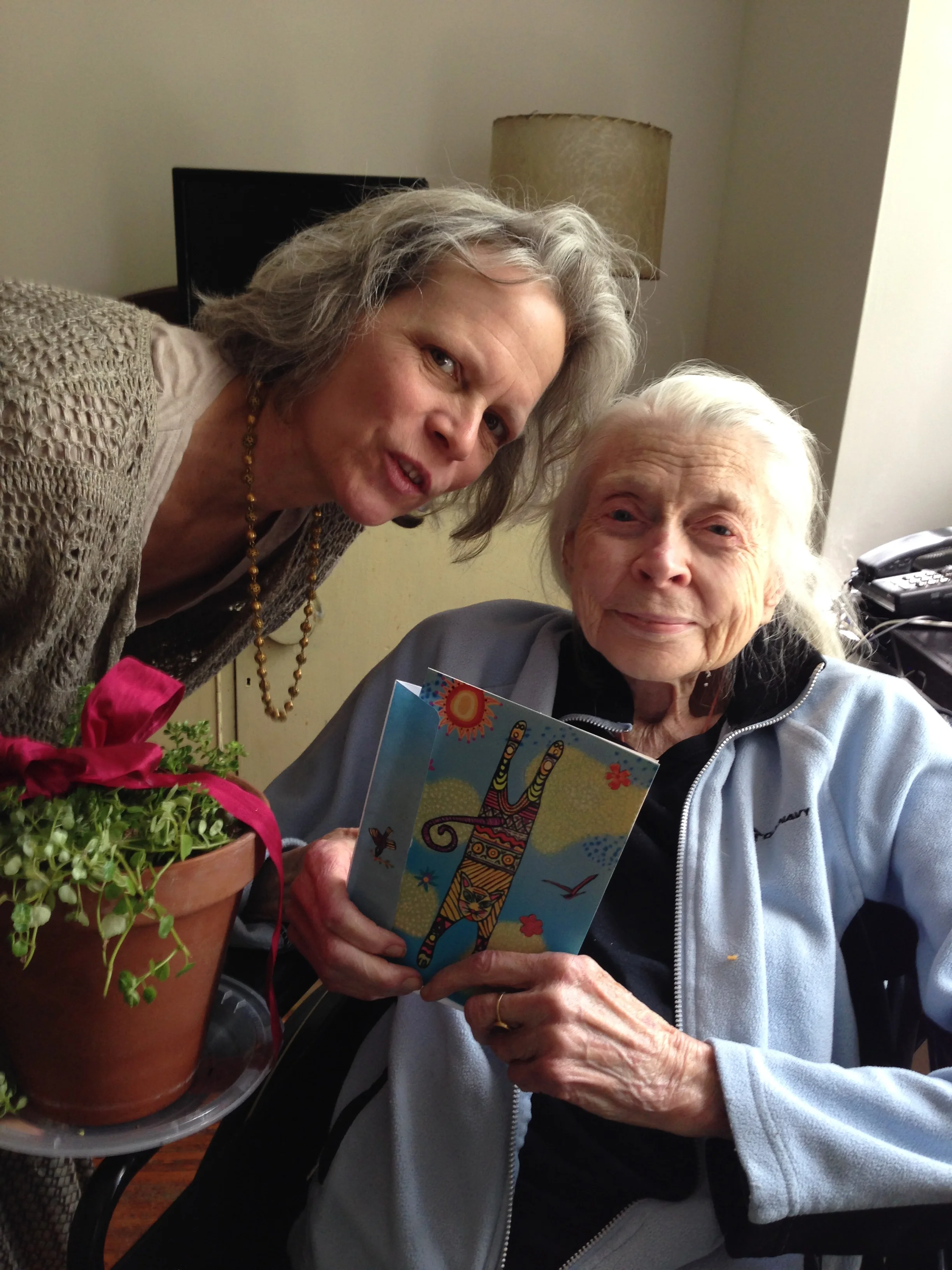He is a baby-boomer son who for years got his mother the best possible medical care. It’s not that he made her decisions for her, but he found the best evaluation and she weighed in with the yes or no choices. Together, they got through some complex surgery. They dealt with months of adjusting medications to treat side effects of other essential medications. When he found me, it was to address an acute respiratory infection, and then he told me about the urinary tract infections which "occurred like clockwork every month." Because she was homebound, a dedicated specialist working outside his area of medical expertise, in effect filling a void in access to primary care, was authorizing a urinalysis monthly. And every month she also had sudden urges to urinate, mild leakage of urine, false alarms of getting to the toilet with an empty bladder, as well as cognitive lapses, minor paranoia and transient disturbance of personality. Her son was now rightly concerned about combining the antibiotic for the respiratory infection with the antibiotic for her "like clockwork" urinary tract infection. Me too. When I received the urine culture and urinalysis results collected in the past two months, and knew the context of how the urine was collected, it was clear that any bacteria which got to the lab were from her skin or the plastic commode bowel.
Her son had a hard time accepting that the antibiotics he gave her were not treating an infection because her sudden urges to urinate, mild loss of urine, false alarms of getting to the toilet with an empty bladder, and fluctuation of mind were perceived as getting better because of the antibiotic. He said, "When she gets this way, I feel I have to do something."
This is a common mistake doctors make too. It’s not what we can do; it’s what can be achieved. We can cure an infection with antibiotics if it’s the right antibiotic. We can avoid very serious side effects, medication interaction, and future bacterial resistance if we don't give antibiotics when there is no infection.
The focus for caregivers should be achieve something instead of do something.

